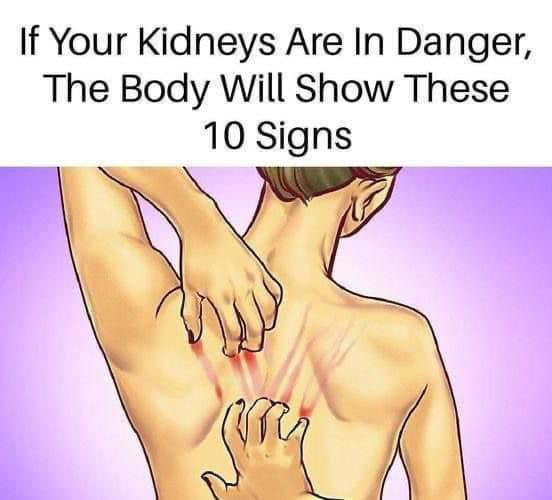ADVERTISEMENT
What to Do If You Notice These Symptoms
Step 1: Monitor and Record Symptoms
Keep a detailed record of your symptoms, including frequency and severity. This information is valuable for your healthcare provider.
Step 2: Get Routine Tests
Ask your doctor about the following tests:
- Blood Test: Measures creatinine and blood urea nitrogen (BUN) to assess kidney function.
- Urinalysis: Checks for protein, blood, or other abnormalities in the urine.
- Imaging Tests: Identifies structural issues such as kidney stones or blockages.
Step 3: Make Lifestyle Changes
- Hydration: Drink plenty of water to support kidney function.
- Diet: Reduce salt, sugar, and processed foods. Include kidney-friendly foods like berries, leafy greens, and fish.
- Exercise: Regular physical activity can improve blood flow and reduce kidney disease risk.
Step 4: Consult a Specialist
If symptoms persist or tests indicate kidney issues, consult a nephrologist for specialized care.
Conclusion
Your kidneys are vital organs that require attention and care. Recognizing these 10 warning signs can help you detect potential problems early, allowing for timely treatment and lifestyle adjustments. If you experience any of these symptoms, take action immediately by consulting a healthcare professional. A proactive approach can prevent complications and ensure your kidneys stay healthy for years to come.
ADVERTISEMENT
